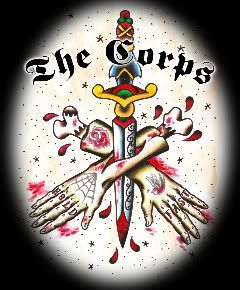
Getting a Grasp on American History
If you’re like me, your grasp on American History comes from PBS and watching documentaries online, so getting a clear focus on the two CLEP exams we’ll be doing and the higher level DSST Civil War and Reconstruction from an overview is achieved via daily history outputs by the US Library of Congress and The History Channel. The Library of Congress runs a Today in History page with detailed reading and links.
Digesting small amounts of history on a daily basis can build up your knowledge bit by bit. To gain credit you’ll have to focus on the curriculum and be ready to answer the questions in the exam. Approaching American History really requires an overview and the first stop on gaining an overview is Kahn Academy which contains a series of lectures that give an overview of American History in a number of minutes with diagrams included.
The Kahn Academy This link will take you to the page need and there are three basic overviews needed to cover the whole of American history starting with:
This overview provided by the Kahn Academy covers both US History I and US History II, but it provides an overview worth getting to know as it will become foundational in the development of broadening your knowledge. It also covers the Reconstruction period that is part of the Civil War and Reconstruction DSST exam.
Once you have completed the overview, you’ll have a decent grasp of the great section of American history that these courses cover.
In my next post, I'll cover a bit more of the US History I CLEP and how I'm breaking it down into digestible potions so that I'll succeed in the process of earning College Credit for Less than it would cost at my local community college.





